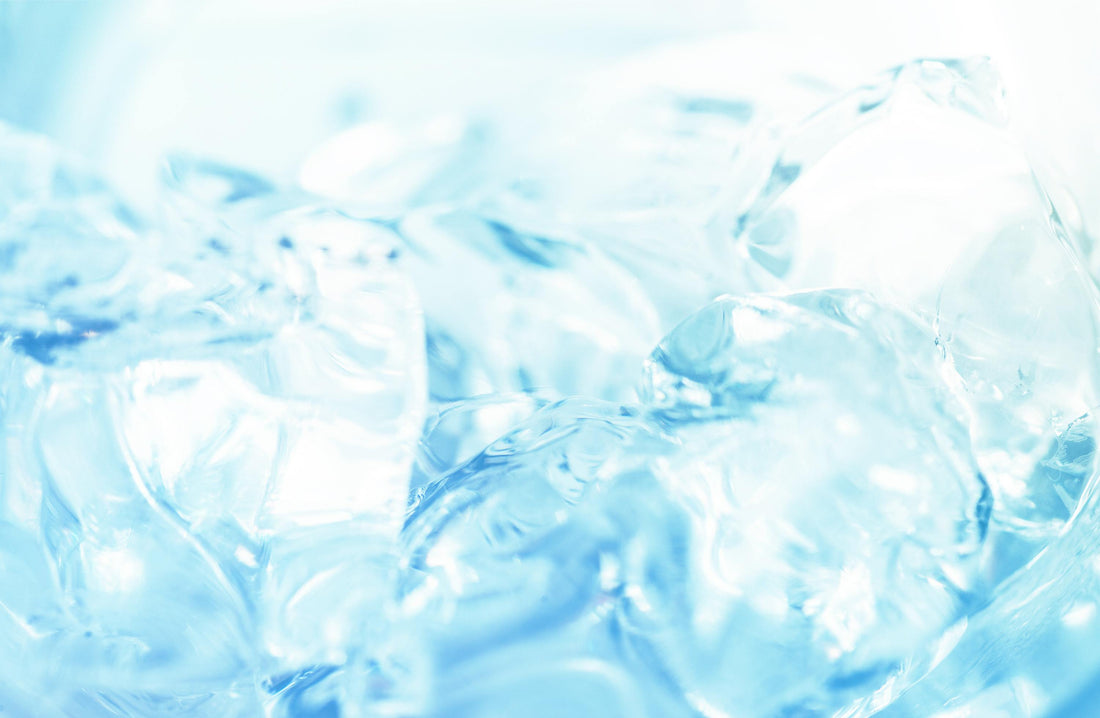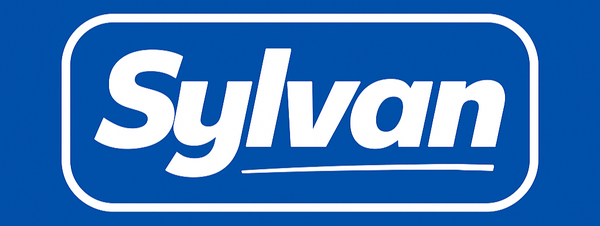
Essential Guide to Ice Machine Cleaners
Share
Why Ice Machine Cleaning Matters
Maintaining your ice machine is crucial for ensuring it functions efficiently and produces clean, safe ice. Whether you're managing a commercial kitchen or using an ice maker at home, regular cleaning is necessary to prevent the buildup of scale, bacteria, and other contaminants. In this guide, we’ll explore everything you need to know about ice machine cleaners, including the types of cleaners available, how to use them, and tips for maintaining your ice machine.
Ice machines, like any other kitchen appliance, require regular maintenance to operate at their best. Over time, minerals from water and other debris can accumulate in your machine, leading to decreased efficiency and potential health hazards. Cleaning your ice machine not only ensures the ice is safe to consume but also extends the life of the appliance.
What Happens If You Don't Clean Your Ice Machine
Contaminants such as mold, slime, and scale can develop in an unclean ice machine. These can affect the taste and smell of the ice and pose health risks. By using the appropriate ice machine cleaning solution, you can effectively eliminate these contaminants and ensure your ice is pure and safe for consumption.
Benefits of Regular Cleaning
A clean ice machine operates more efficiently, producing ice at its optimal capacity. Regular cleaning prevents mineral buildup that can cause mechanical issues, helping to prolong the lifespan of your machine.
Types of Ice Machine Cleaners
When it comes to cleaning your ice machine, there are various solutions available. Each type has its own benefits, so it’s essential to choose the right one for your specific machine.
Commercial ice machine cleaners are specifically formulated for heavy-duty machines found in restaurants and bars. These powerful solutions effectively remove scale and mineral deposits that accumulate due to frequent use.
Ice maker cleaning solutions are versatile and suitable for both commercial and residential machines. They are designed to clean, sanitize, and deodorize the ice maker, ensuring it operates smoothly.
If your ice machine has nickel-plated components, it's crucial to use a nickel-safe-cleaner. These cleaners are gentle enough to protect the nickel plating while effectively removing buildup. Learn more about why to use nickel-safe-cleaners.
Affresh is a popular brand known for its effective cleaning solutions. Their ice machine cleaner is specially formulated to break down residue and remove odors, ensuring your ice is fresh and clean.
Step-by-Step Cleaning Guide
Cleaning your ice machine might seem daunting, but it’s a straightforward process with the right guidance. Here’s a step-by-step approach to ensure your ice maker is spotless and operating efficiently.
- Before you begin, make sure you have all the necessary supplies. This typically includes your chosen ice machine cleaner, a soft cloth or sponge, and a brush for scrubbing hard-to-reach areas.
- Ensure your ice machine is turned off and unplugged before you start cleaning. This is crucial for your safety and to prevent any damage to the machine.
- Empty the ice bin and drain any remaining water from the machine. This prevents any cleaner from contaminating the ice during the cleaning process.
- Follow the instructions on your ice machine cleaner. Generally, you’ll need to mix the solution with water and apply it to the interior surfaces of the machine. Pay special attention to areas with visible buildup.
- Use a brush or sponge to scrub the interior, paying attention to crevices and hard-to-reach areas. Once cleaned, rinse thoroughly with clean water to remove any residue from the cleaning solution.
- After cleaning, it's important to sanitize the ice machine to eliminate any remaining bacteria. Use a food-safe sanitizer and follow the manufacturer’s instructions.
- Once you’ve completed the cleaning and sanitizing process, reassemble any removable parts, plug the machine back in, and restart it. Allow the machine to go through a cycle before using the ice.
Check out how to use our Sylvan Ice Machine Cleaner.
Tips for Long-Term Maintenance
- Regular maintenance can prevent the need for more intensive cleaning and ensure your machine is always ready to produce high-quality ice. Establish a regular cleaning schedule based on the manufacturer’s recommendations. This might be monthly or quarterly, depending on the usage and water quality.
- Using filtered water can reduce mineral buildup and improve the taste and quality of your ice. Consider installing a water filter to help prolong the time between cleanings.
- Regularly inspect your ice machine for any signs of trouble, such as unusual noises or decreased ice production. Addressing issues early can prevent more significant problems down the line.
Brand-Specific Cleaning Notes
Different ice maker brands have unique cleaning requirements. Below are tips for cleaning some of the most common models.
- For machines with nickel-plated components, using a nickel safe ice machine cleaner is strongly recommended to avoid damage while effectively removing buildup.
- The Affresh ice machine cleaner is another excellent option, particularly praised for its ability to eliminate odor-causing residues.
- Euhomy ice maker cleaning requires specific attention due to its compact internal layout, make sure to access crevices thoroughly.
- GE Opal ice maker cleaning can be done using compatible solutions that are safe for the unit’s interior components.
- An Affresh ice maker cleaner can also be used for residential units, offering a safe and effective deep clean.
- For GE Profile ice maker cleaning, consult the manual and use a mild, approved cleaner to avoid damaging sensors or internal parts.
- Choosing the right ice maker cleaner ensures your unit stays fresh and performs optimally between maintenance cycles.
- Frigidaire ice maker cleaning can usually be performed with a universal cleaner, though some models may require nickel-safe solutions.
- Opal ice maker cleaning should be performed monthly to prevent scale buildup and ensure consistent ice output.
- Always mix your ice maker cleaning solution according to label instructions before applying it to internal surfaces.
Frequently Asked Questions (FAQ)
How often should you clean an ice maker?
Typically once a month. For heavy usage (e.g., restaurants), more frequently. Always check the manufacturer's specific recommendations.
Can I use vinegar to clean my ice machine?
Vinegar works for many units, but not all—especially those with nickel-plated components. In that case, use a nickel safe ice machine cleaner.
What’s the difference between an ice maker cleaner and a descaler?
Descalers remove limescale, while cleaners also disinfect and eliminate odors. Many modern solutions combine both functions.
Which is better: Affresh or a generic cleaner?
Affresh is popular for ease of use and safe formulations, though it’s often more expensive than the Sylvan Hills Ice Machine Cleaner. Generic cleaners can be effective too, but always ensure compatibility with your model.
How do I clean specific brands like GE Opal, Euhomy, or Frigidaire?
Each brand has its own cleaning protocol:
- GE Opal: Use only approved solutions.
- Euhomy: Pay attention to internal crevices and descale regularly.
- Frigidaire: Some models require nickel-safe cleaners.
Conclusion
Keeping your ice machine clean is essential for producing safe, high-quality ice and maintaining the efficiency of your appliance. By understanding the types of ice machine cleaners available and following a consistent cleaning routine, you can ensure your ice maker operates smoothly and lasts for years to come. Whether you’re using a commercial ice machine cleaner or a specific solution like Affresh or nickel safe cleaners, regular maintenance is key to enjoying the perfect ice every time.
See a tutorial on how to use our Sylvan Ice Machine Cleaner here.
